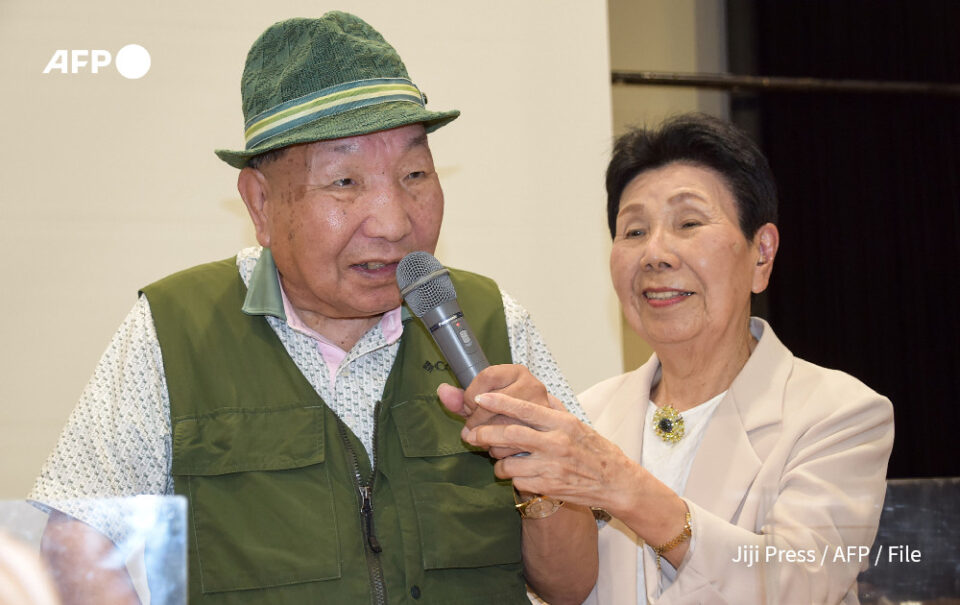Iwao Hakamada, a Japanese man who spent more than four decades in prison for a crime he did not commit, has been awarded $1.4 million in compensation.
This makes him the longest-serving death row inmate to be exonerated in the country’s history.
Hakamada, now 89, was convicted in 1968 for the brutal killing of four people, a crime he always maintained he did not commit.
He spent the majority of his 40-plus years in solitary confinement, awaiting execution.
However, after persistent efforts from his sister and legal team, he was officially cleared of all charges last year.
On Monday, the Shizuoka District Court granted Hakamada 217,362,500 yen in damages, an amount calculated at roughly $83 per day of wrongful imprisonment.
This comes after the same court ruled in September that his conviction was based on falsified evidence and that police had coerced him into a confession.
Despite the record-breaking payout, Hakamada’s lawyers argue that no amount of money can truly compensate for the psychological and emotional toll he suffered.
The prolonged uncertainty over his fate severely impacted his mental health, with his legal representatives describing his current state as disconnected from reality.
Hakamada is the fifth person in Japan’s modern legal history to have their death row conviction overturned in a retrial.
Like the others before him, his eventual acquittal underscores longstanding concerns about Japan’s justice system, particularly its handling of confessions obtained under duress.


